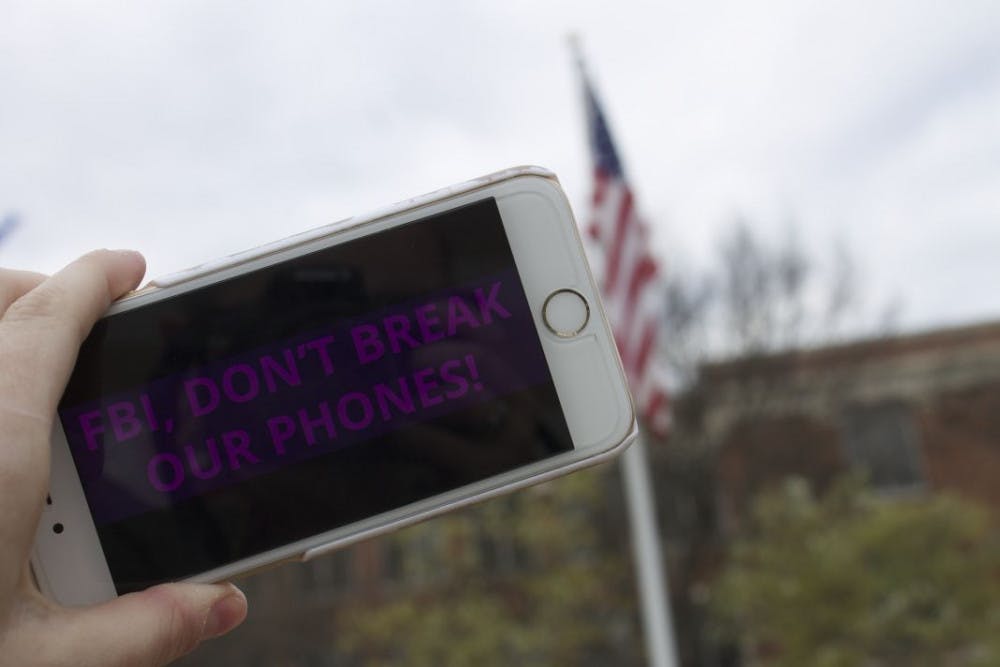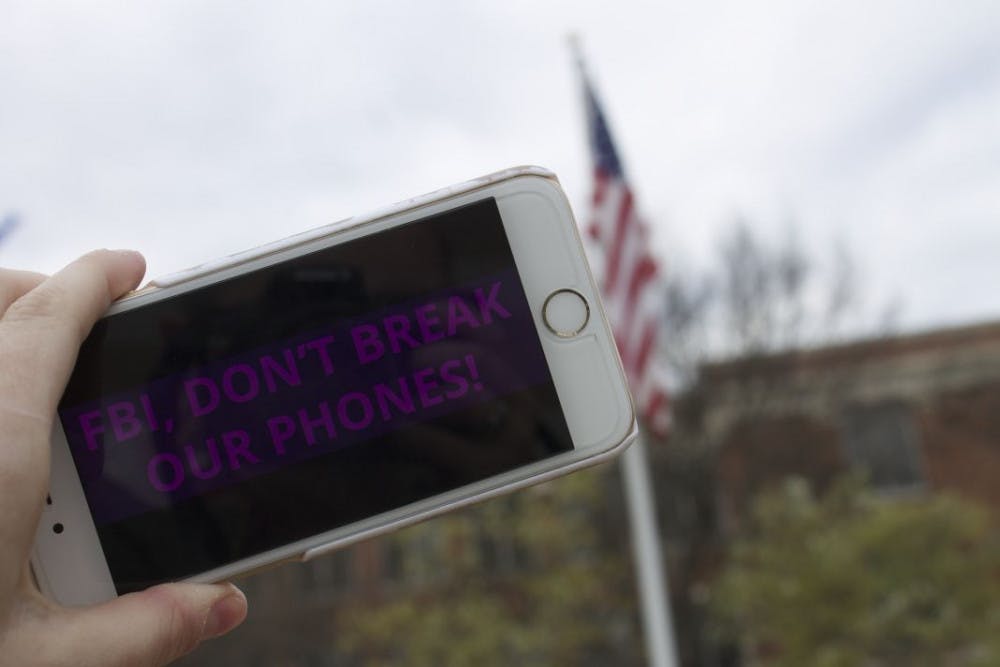
Apple is refusing to generate a security program which would allow them to unlock any Apple phone. The request originated when the FBI found an iPhone belonging to the San Bernardino terrorist. Apple refused this request citing their clients’ privacy, and now the decision will be settled
in court
When the FBI asked Apple to give them a program that would allow access to a locked phone, the boundaries of privacy and government control came into question.
The ongoing battle between the FBI and Apple centers on how much control the government has and concerns many students at the University of Memphis.
“I feel that Apple is right to not give access to the FBI because then they can access everyone,†Alicia Guthrie, 22, a chemistry senior from Memphis, said. “Even though I have nothing to hide, it gives the government more control over our lives.â€
The FBI wants Apple to create a back door to its iPhone security, allowing agents to look at data that would normally be password protected.
As of right now, iPhone users can set their phones to delete all data after 10 wrong password attempts. However, this may change if the FBI has it’s way.
This request came from the FBI’s discovery of an iPhone that belonged to a terrorist who killed 14 people in the San Bernardino, California massacre on Dec. 2, 2015.
Apple refused this request to protect their clients’ privacy, and now the decision will be settled in court.
“Apple should not give the FBI what they want because clients have a right to their privacy, and Apple respects their clients,†Alex Klatt, 20, a computer science junior from Billings, Montana, said.
Klatt is just one of many students who disagree with the FBI’s request. Caleb Denny, 23, a biochemistry junior from Cincinnati, Ohio, said Apple should deny the FBI’s request.
“It’s a backdoor that would give the FBI the key to access all iPhones,†Denny said. “It’s possible that some other hacker to help the FBI and unlock the phone; in fact, several have offered. To give this code would lead to an abuse of power. All it takes is one person to tell or a hacker to get a hold of the codes. Cyber crimes will skyrocket.â€
Brannon Lamb, 21, a business supply chain management linguistics junior from Seattle, said it’s hard to tell what the actual truth is.
“I have a lot of questions about the whole deal,†Lamb said. “If the technology to create a backdoor does not exist, then what stops someone else from creating one? Does the government really watch us?â€
Regarding the issue of the terrorist’s phone being issued by his work, Bailea Coleman, 21, a Spanish and anthropology junior from Memphis, said they should already be able to go through the phone without going to Apple.
“I think it’s a dangerous thing to start, because if they do this phone, then what’s next?†Coleman said.
In court, Apple will refer to the First Amendment stating that computer codes fall under protected speech. The FBI has already issued the All Writs Act of 1789, which can only be applied if there are no laws or rules regarding the issue.
On March 22, attorneys for Apple and the government will go to district court, where a decision will be made regarding the program.






